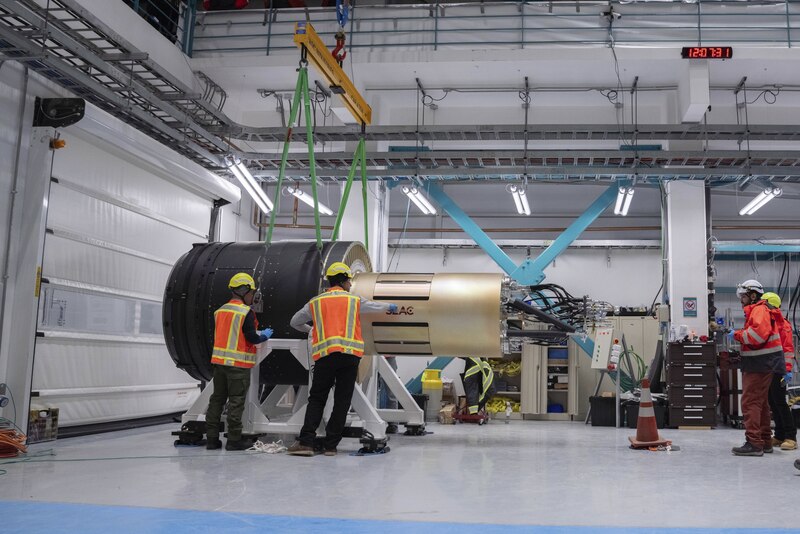Impact of Forest Fire Smoke on Ocean Life: Benefits and Costs

In recent years, the relationship between forest fires and ocean ecosystems has garnered increasing attention from scientists and environmentalists alike. A groundbreaking study led by experts at the Barcelona Supercomputing Center (BSC-CNS) has revealed that particles from forest fire smoke can significantly stimulate phytoplankton growth in the ocean, albeit with hidden ramifications for climate dynamics.
Forest fires, which have become more prevalent due to climate change, release iron-rich particles that travel through the atmosphere, eventually settling in ocean waters. This iron serves as a crucial micronutrient that promotes the growth of phytoplankton, the foundation of marine food webs and a vital component in the global carbon cycle. Professor Carlos Pérez García-Pando, co-leader of the Atmospheric Composition group at BSC-CNS, explained, “Climate-driven fires arise from more favorable weather conditions for fire, such as low humidity and high temperatures, which in turn are influenced by anthropogenic climate change.”
The study, published in the journal Nature Climate Change, utilized advanced climate models to analyze how changing weather patterns could influence the amount of iron deposited into the ocean from wildfires. The researchers found that by the late 21st century, boreal wildfires could potentially release 1.8 times more iron compared to current levels. This increase could elevate phytoplankton productivity in iron-deficient North Atlantic regions by as much as 40%. However, this potential boon is accompanied by significant caveats.
Elisa Bergas-Massó, a researcher at BSC-CNS and lead author of the study, cautioned that while additional iron may enhance phytoplankton growth, warming ocean temperatures are likely to impede the upwelling of other essential nutrients. “Quantifying this nutrient source for phytoplankton is important for gaining a more precise idea of how much CO2 will remain in the atmosphere in the coming decades,” she stated.
The implications of these findings are profound, linking terrestrial fire events to oceanic health and carbon sequestration capabilities. According to Maria Gonçalves Ageitos, another co-senior author and a researcher at BSC and the Universitat Politècnica de Catalunya (UPC), understanding how land fires fertilize the sea is crucial for improving climate models and informing climate adaptation policies.
The researchers advocate for improved monitoring of smoke plumes and ocean nutrient levels, as well as enhanced modeling techniques to refine predictions regarding the ocean's carbon absorption capacity. “Fires in distant forests can influence life and carbon absorption in the ocean,” Gonçalves Ageitos noted. This interconnectedness emphasizes the need for a holistic approach to climate science, where various environmental factors are considered in tandem.
As climate change progresses, the complexity of these interactions will only deepen. The study underscores a critical feedback loop that must be addressed in future climate research, demonstrating that interventions in forest management and emissions reduction may resonate far beyond land ecosystems. In conclusion, the intricate relationship between forest fires and ocean ecosystems serves as a reminder that solutions in climate policy must recognize the interconnected nature of Earth's systems. The findings of this study are not just an academic exercise; they are a clarion call for more integrated environmental management strategies that take into account the cascading effects of climate change across different ecosystems.
Advertisement
Tags
Advertisement





